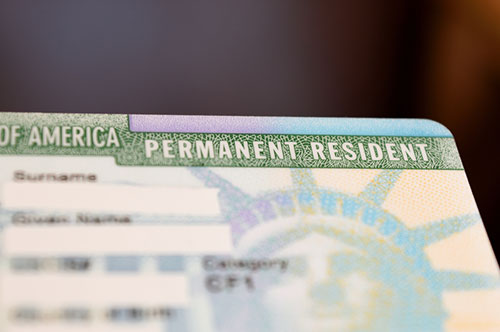Dismissal from employment or being "fired" in Japan

It is natural to be shocked if your employer suddenly tells you that you are fired or dismissed. The steps you take at this time will be critical and have a significant impact on how the situation plays out for you. This article provides an overview of the matters you should confirm and the steps to be taken when your employer in Japan has suddenly dismissed you.
1: What is dismissal?
Dismissal is the unilateral termination of employment by an employer. If your employer merely proposes that you leave your job, such a proposal is not dismissal under the laws of Japan. If you wish to keep working for your employer, please deny any proposals for you to voluntarily leave your job. If, on the other hand, your employer clearly states that you are dismissed, this will be treated as a dismissal under Japanese law. Therefore, it is first necessary to confirm whether your company is merely proposing that you leave your job, or they are clearly dismissing you.
2: When your employer tells you that you are fired, or you have been dismissed, what matters should be confirmed, and what steps should be taken first?
-
(1)Confirming the reason for dismissal
In Japan, employers cannot unilaterally dismiss an employee for any reason. The law in Japan provides that an will an employer will need objectively reasonable grounds to dismiss an employee. In the absence of objectively reasonable grounds, such a dismissal will be regarded as invalid. Please try to confirm the reason why you are being dismissed. The law in Japan also states that when dismissing an employee, the company must provide the employee with certification of the reason for their dismissal upon request, irrespective of whether the employee is still working at the company or has been locked out. With this certification of the reason for your dismissal in hand, it will be easier to be determine whether you were validly dismissed, and to proceed with negotiations, labor tribunal proceedings or ordinary litigation (the labor tribunal system is a court procedure in Japan set up to resolve labor disputes much faster than ordinary litigation. A labor tribunal decision will be handed down after three sessions, usually within four months of proceedings being initiated. Labor tribunals can handle invalid dismissal claims).
Judicial precedent in Japan has established that, in principle, an employer will be bound by what it is provided in the dismissal reason certification and will be unable to later claim any reasons that were not written in the certification.
Therefore, it is very important that you attempt to obtain this certification from your employer as soon as possible. Doing so will likely prevent your employer from claiming other reasons at a later stage during negotiations or legal proceedings.
-
(2)Refusing to accept the dismissal, and avoiding any actions or behavior that could be characterized as acceptance of the dismissal
Even if you yourself believe that you never accepted your employer"s attempt at dismissing you, there is the risk that when the dispute reaches the negotiation or legal proceedings stage, your actions or behavior will be characterized by the employer as acceptance. An example of "accepting" the dismissal could be asking the employer to pay you a severance package or retirement payment and doing so could later lead to the dismissal being regarded as valid in the negotiations or lawsuit stage. Is very important you do not act like or state that you accept the dismissal and make it clear by your attitude that you remain an employee and work for the company. The employer may implement other strategies to have you accept the dismissal, such as transferring a month’s salary to your bank account and calling it a "separation payment" or something similar or asking you to return work-related property. If you find yourself in this situation, please consult with the attorneys at Verybest as soon as possible.
-
(3)Applying for temporary unemployment insurance payments
Even if you hire an attorney and proceed with contesting the validity of the dismissal, some companies will not withdraw the dismissal or pay compensation money to you immediately. In such cases, you will have no choice but to live without your salary until the case is resolved. In principle, you will not be eligible for unemployment insurance payments if you are contesting the validity of a dismissal, as you are claiming you are still employed, and such unemployment payments are for those who have permanently left employment. However, there is a temporary payments system in place for these cases ("kari-kyufu"), where you will be eligible for payment even where you are claiming that your dismissal is invalid and that you remain an employee working for the company. In order to receive such payments, evidence of your claim for the invalidity of your dismissal will be necessary, such as a written statement by your attorney. Please consult with Hello Work (the Japanese government employment service center) for further details.
3: Summary
When your employer states that you are dismissed, it is highly recommended that you try to obtain the reason for your dismissal, that you avoid any behavior or actions that may be characterized as accepting the purported dismissal, and to utilize the temporary payments system if you have an open claim against your employer for the invalidity of your dismissal. It is natural that this sort of situation would be overwhelming. Please consult with the attorneys at Verybest as soon as possible for assistance with your issues.





